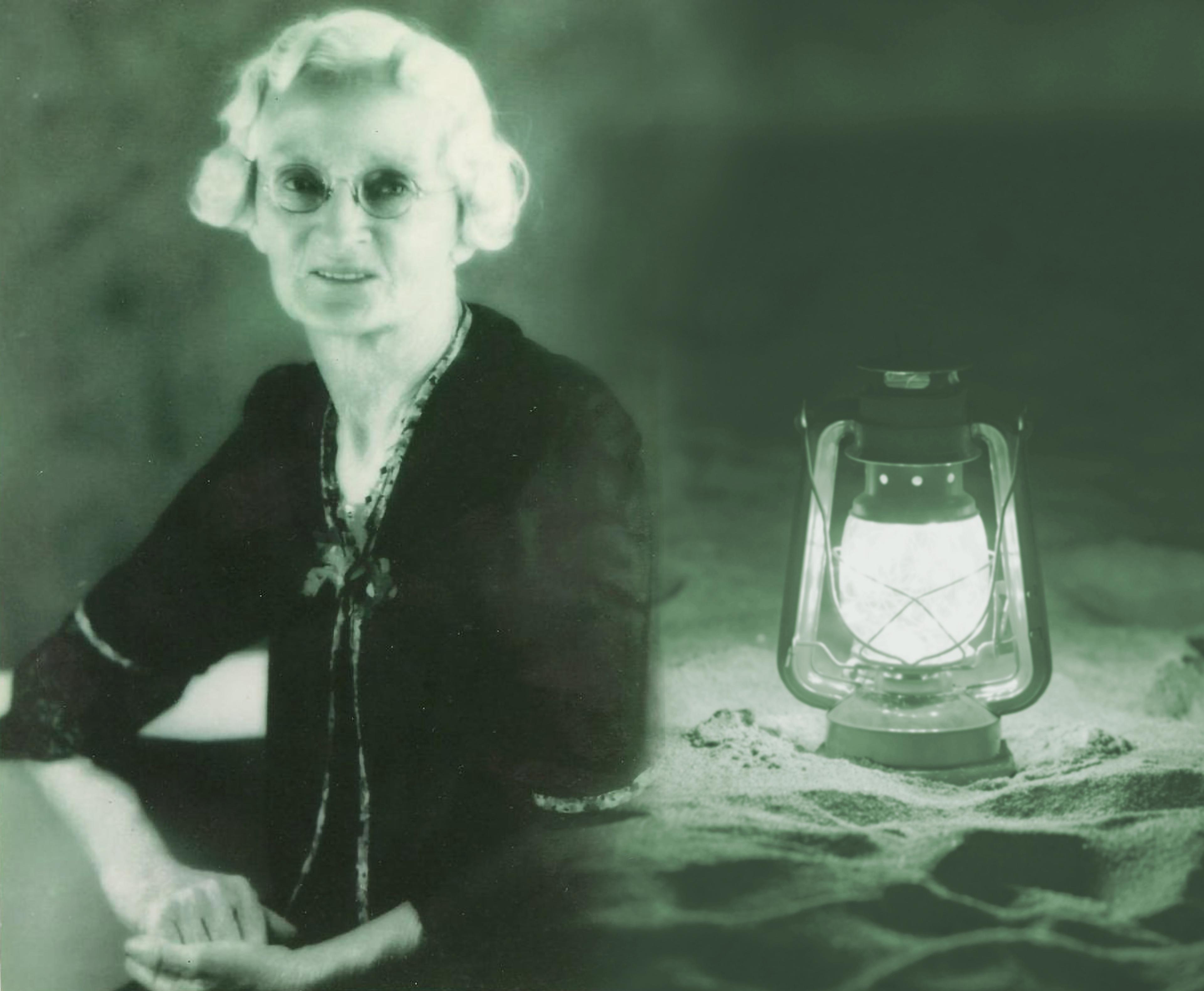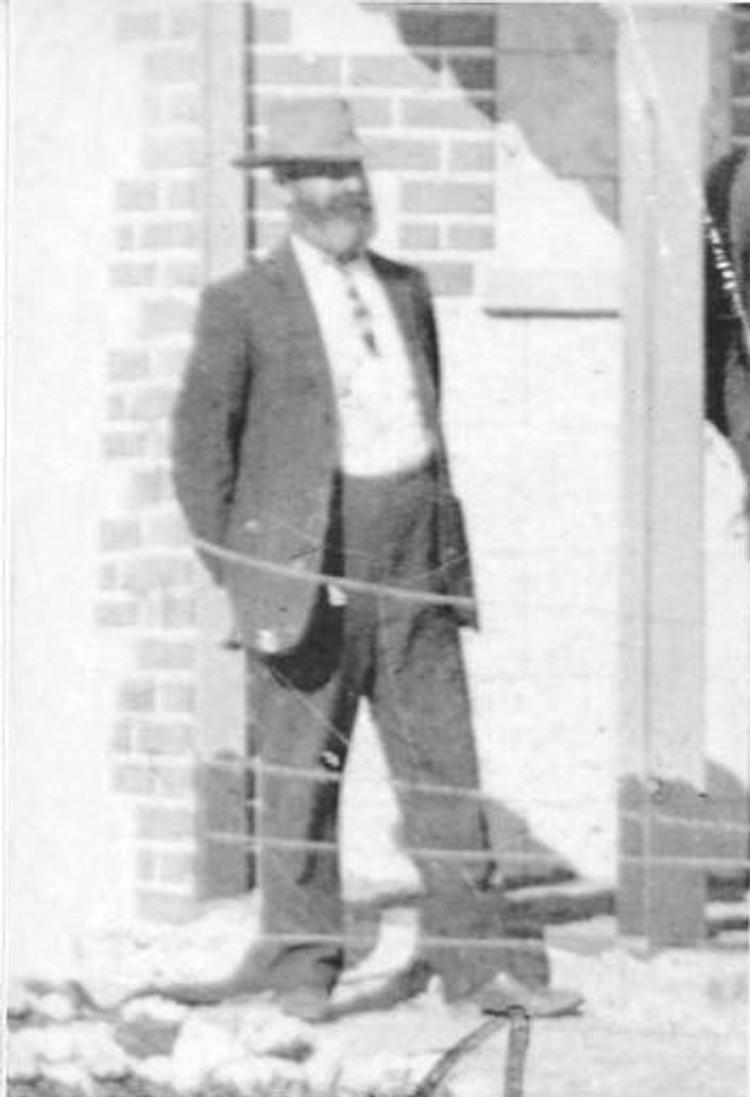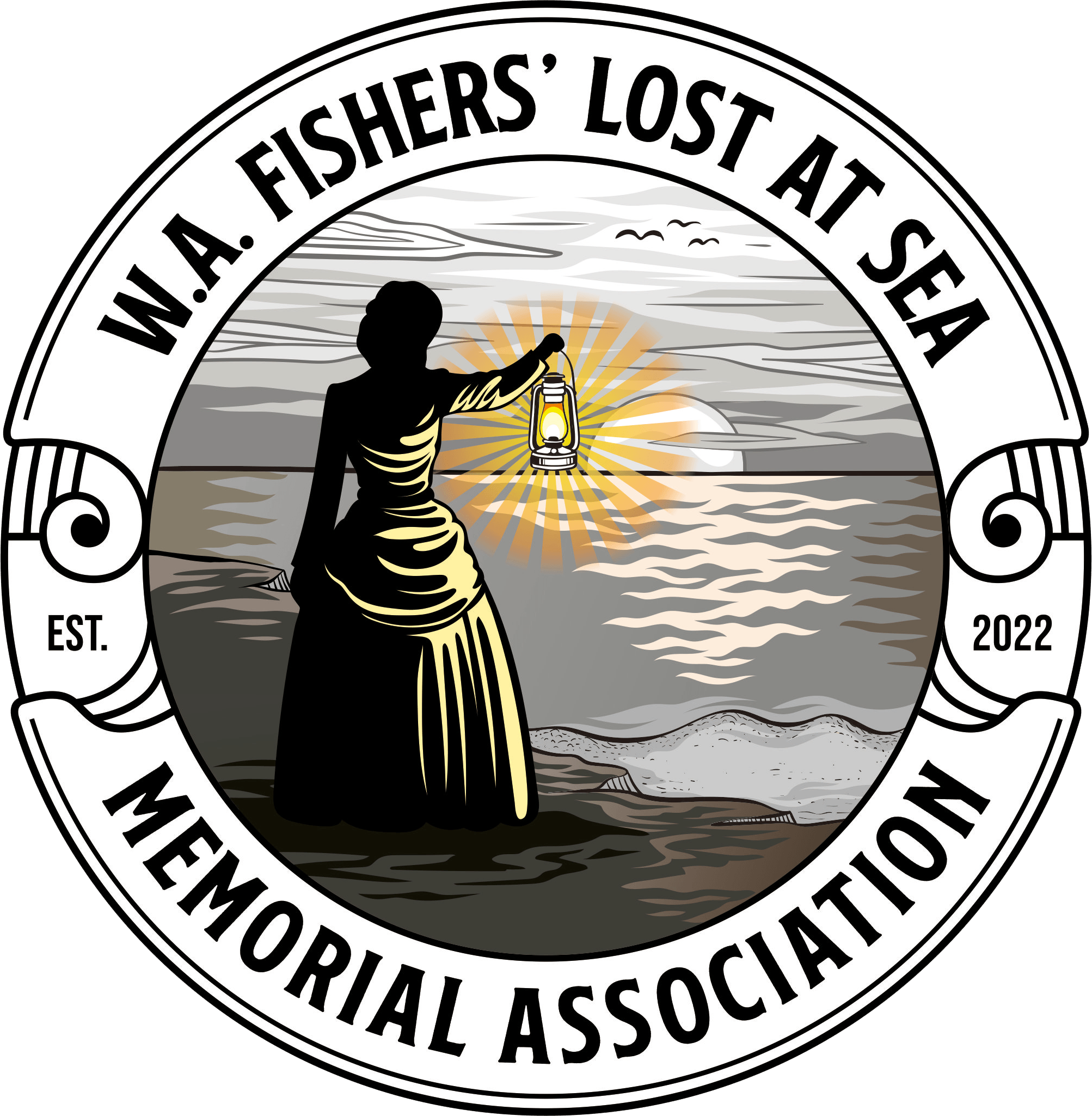Bonzer
Vessel Name: Bonzer
Albert Henry Money
Theodore James Money
Lost at Sea; Never Found
3 February 1916
This story is folklore in the Dongara/Port Denison community.
As the family story goes, Albert and Theodore Money’s mother wouldn’t allow them to join the Australian Imperial Forces and go to war until they were both 19, so they both decided to go fishing and wait until they reached the age their mother had stipulated for overseas service.

Annie (Elizabeth) Money

Henry James Money
On Thursday 3 February 1916, two fishing vessels left Port Denison to fish, as this was their livelihood. Henry James, the father, and young son Francis in one boat, with elder sons Theodore and Albert in the other vessel. They intended to fish some thirty miles down the coast between Irwin and Leander Reef.
By mid-afternoon with the breeze freshening, Henry James and young Francis (b. 1904) returned to port, leaving brothers Theodore (b. 1900) and Albert (b. 1899) to do one more drift before heading home. The father had left them about a mile further out to sea in the vicinity of the reefs and apparently safe.
They were expected back the same afternoon. At first it was thought they had sought shelter at Freshwater Bay, owing to a strong wind springing up, and were unable to return. It was not until the Friday afternoon that the worst was feared, when three Fremantle boats entered the bay stating they had not seen the missing men. The local Police were away, so Mr. T. Hughes reported the occurrence to Geraldton and Police Constable Fanning arrived to assist with the search. With the help of others they began patrolling the north beach for some distance, and Henry James Money started at daylight southward.
Constable L.H. Thompson of Greenough, on patrolling the beach towards Dongara, saw a portion of a boat painted blue drifting towards the shore about 12 or 14 miles north of Dongara. At night, he reported his discovery and by Sunday morning, he was accompanied by Henry James Money to identify the wreckage as belonging to the missing boat. The newspaper’s reported that the two brothers practically lived on the water, and were perfectly acquainted with every inch of the coast and reefs. They were also highly capable of managing the boat.
During his search, Constable Thompson unexpectedly came across a water hole containing beautiful fresh water only a few yards from the sea between Greenough and Dongara. He suggested that finger posts should be erected at various points on the sand ridges abutting the sea, indicating the position of water holes to aid survival.
For more than 20 years, their grieving mother Annie (also known as Elizabeth) would walk to Point Leander each evening and as the sun went down over the horizon, she would light her hurricane lamp in the hope this would one day guide her boys’ home.
Other family stories indicate Annie would put this same lamp on in the window of their house located at the top of Point Leander as a beacon for their journey home. The home was located on the corner of Kailis Drive and Port Leander Drive – approximately 100 metres away from the Point Denison Point (Fishermen’s Lookout).
Both men’s names now appear on a memorial plaque at the top of Point Leander, Port Denison. The memorial was unveiled in 1979. The original stone obelisk was erected after Captain W. D. Moore lost his small sailing ship, Swan, on the Irwin Reef in 1869. Moore requested a lighthouse, but the obelisk was built instead.
Henry James Money married Annie Frances (Elizabeth) Payne in Dongara in 1897.Henry was born in Essex, England in 1863 and died in Geraldton, WA in 1931. He was the secretary of the Irwin Roads Board in Dongara. Annie was born in WA in 1878 and died in Mount Lawley in 1956. They had seven children, losing two in the 1916 tragedy. The Money family continued to be involved in the fishing industry for many years.
